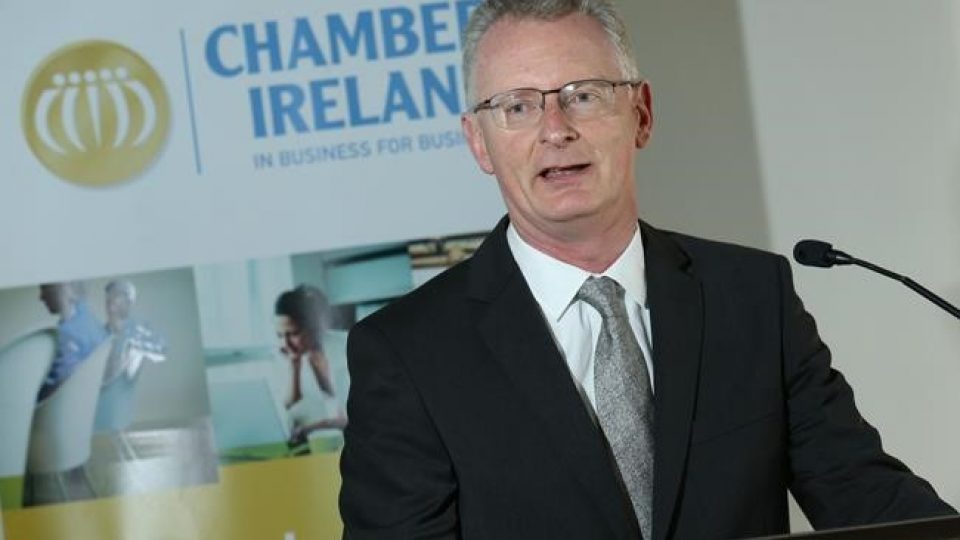
Chambers Ireland response to US Tariffs
Speaking after the announcement of US tariffs, Ian Talbot, CEO of Chambers Ireland and Secretary General of ICC Ireland, has called for a focus on competitiveness and strategic trade engagement to mitigate any adverse economic impact.
“While the tariffs present immediate challenges, it is essential that Ireland and the EU respond with calm and resolve,” said Talbot. “To navigate these challenges effectively we should prioritise strategies that (a) enhance our competitiveness and (b) strengthen our trade engagement, rather than escalating tensions.”
He emphasised that empowering businesses to sell goods and provide services in other markets remains critical to mitigating the impact of tariffs:
“Market access must now be a key focus, which means helping businesses understand the regulatory and logistical requirements they must adjdress to succeed in trade. We need to utilise the advantages of the Single Market and our access to the UK market while continuing to diiiiversify into new international markets. Investment will be essential to ensure that businesses have the support to enter and expand in other markets.
With the right approach, this challenge can become a catalyst for progress. Both the Capital Markets Union and the Banking Union should be progressed to improve access to finance for small businesses, support the green and digital transitions and strengthen our economic resilience. A referendum should also be held on the Unified Patent Court at the earliest possible opportunity. Action in these areas will galvanise our competitiveness and safeguard our long-term economic stability.”
Talbot continued:
“There are likely to be significantly different sectoral challenges arising from US policies and potential responses over the next few weeks. Government must closely monitor the impacts, particularly on SMEs, and consider measures to support viable businesses as they re-engineer their business models.
Finally, Government must pursue an urgent, relentless focus on the delivery of vital infrastructure. Delivering on what we can control has never been more vital.”



